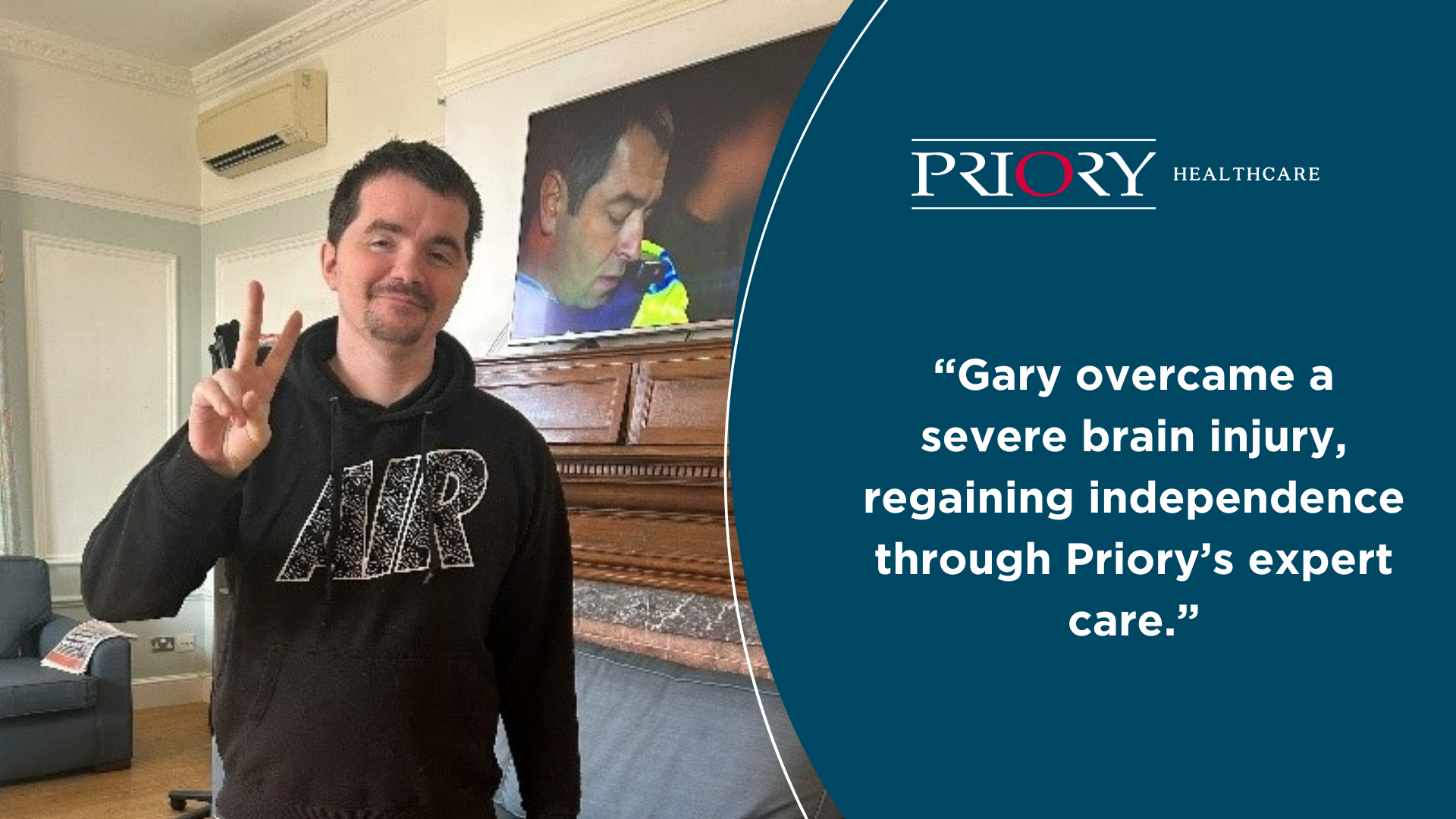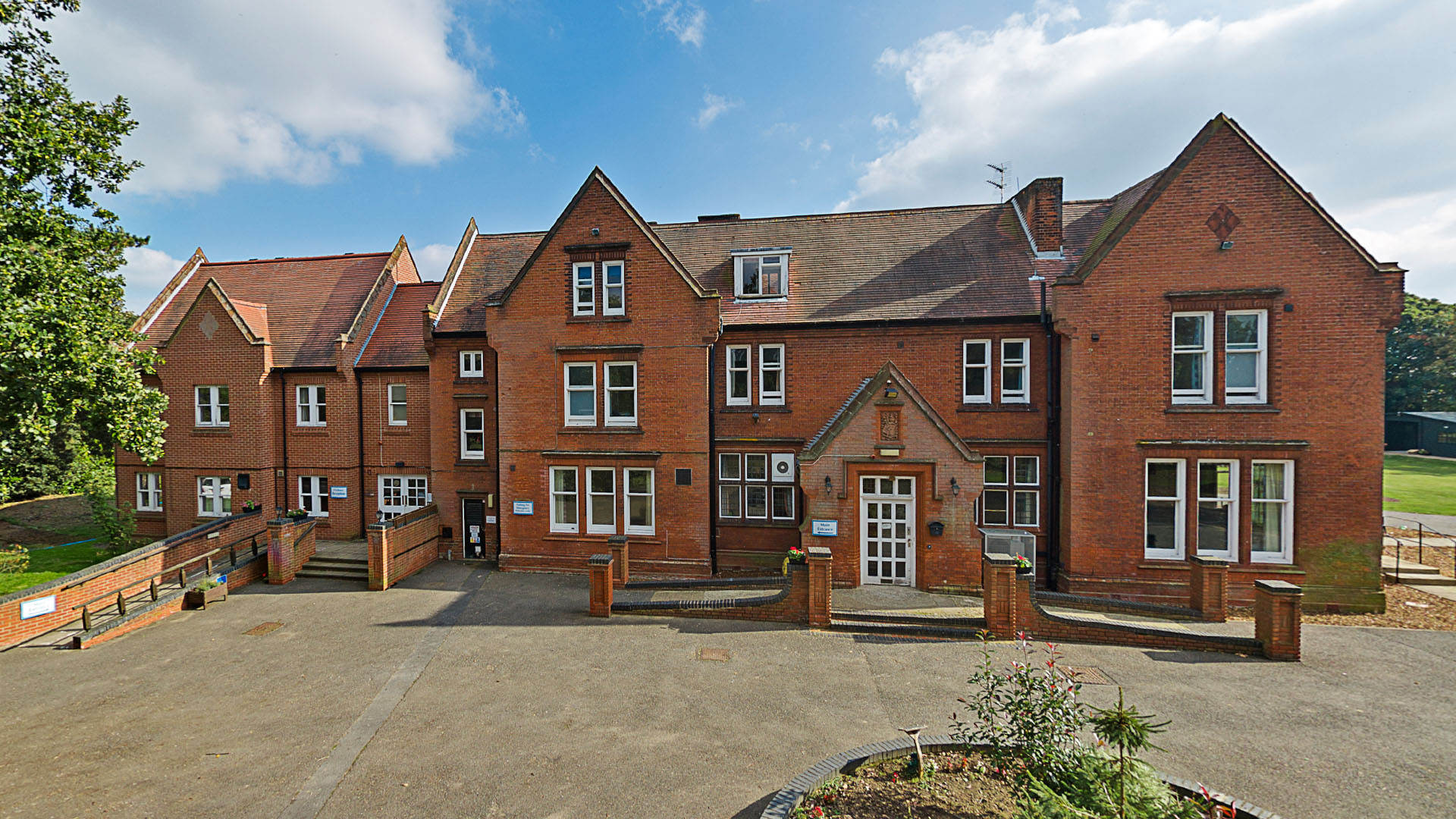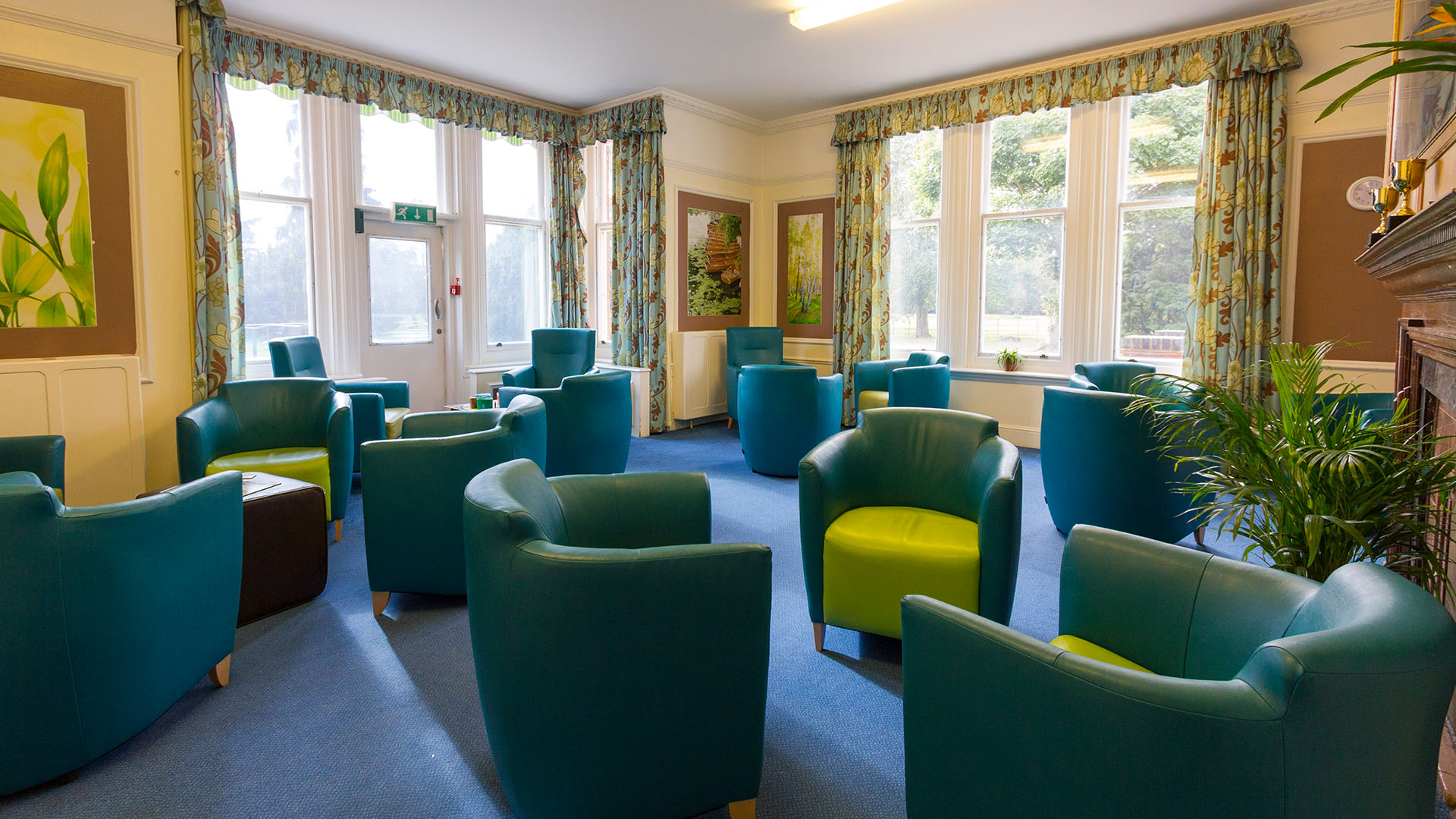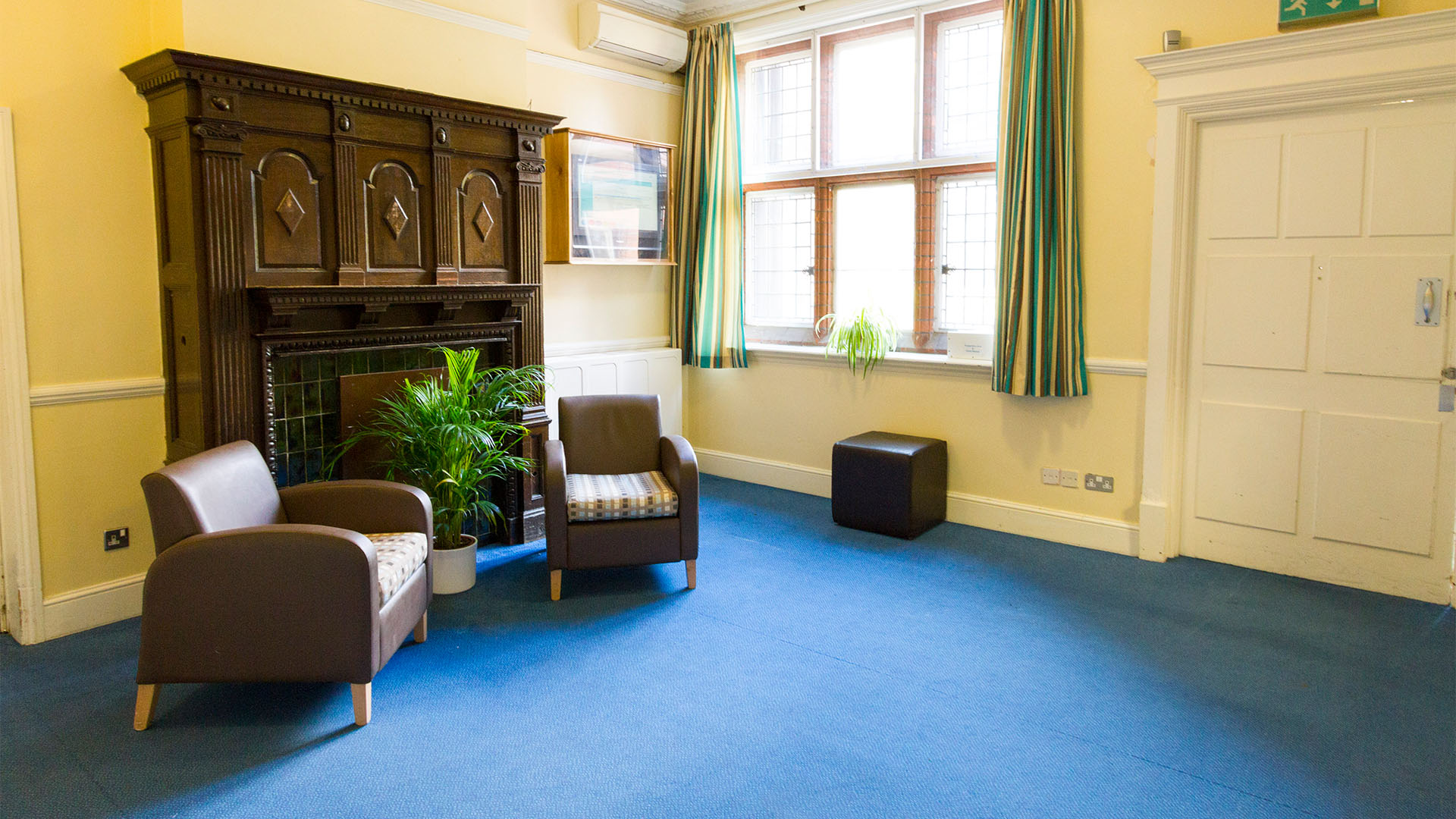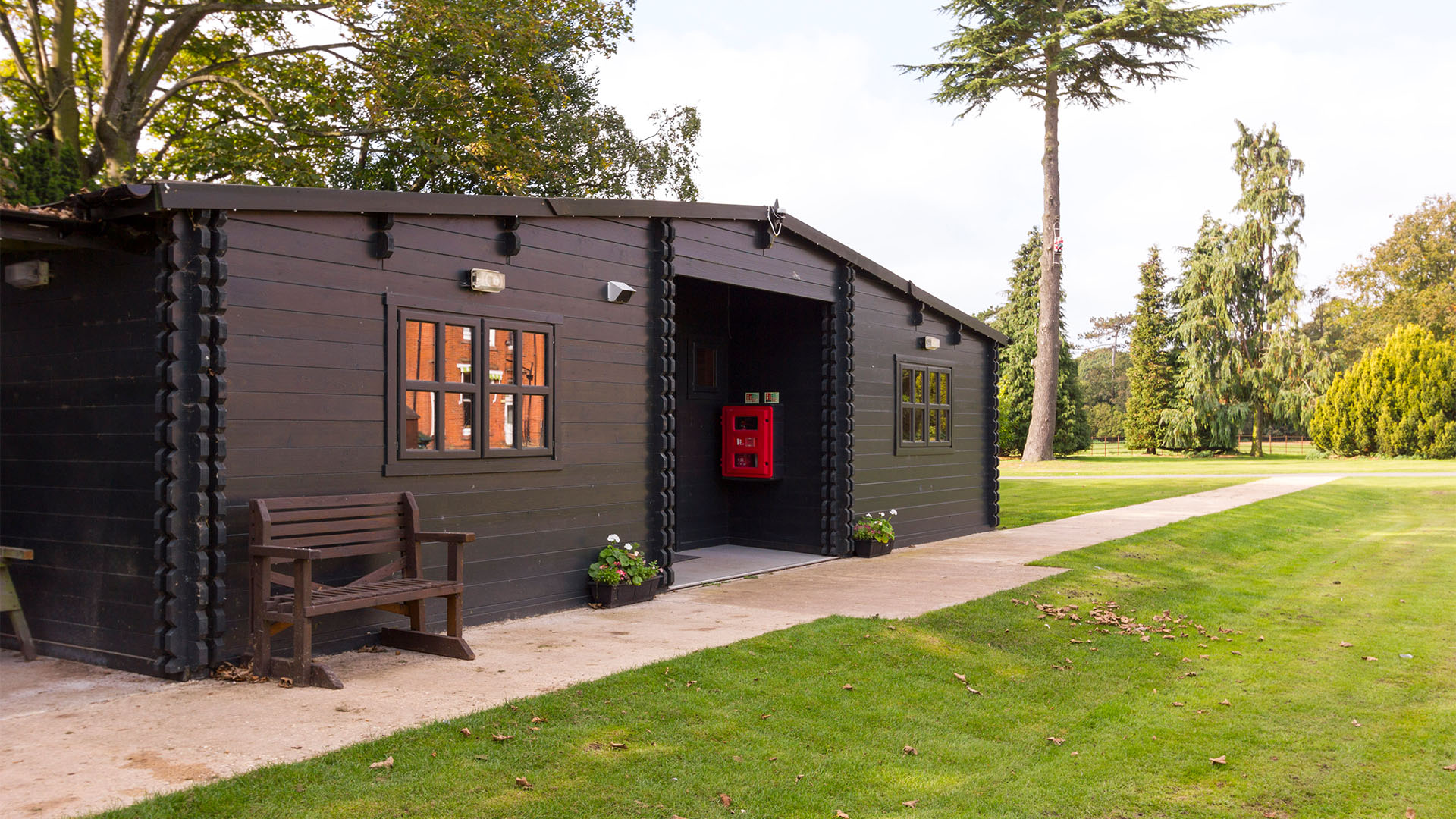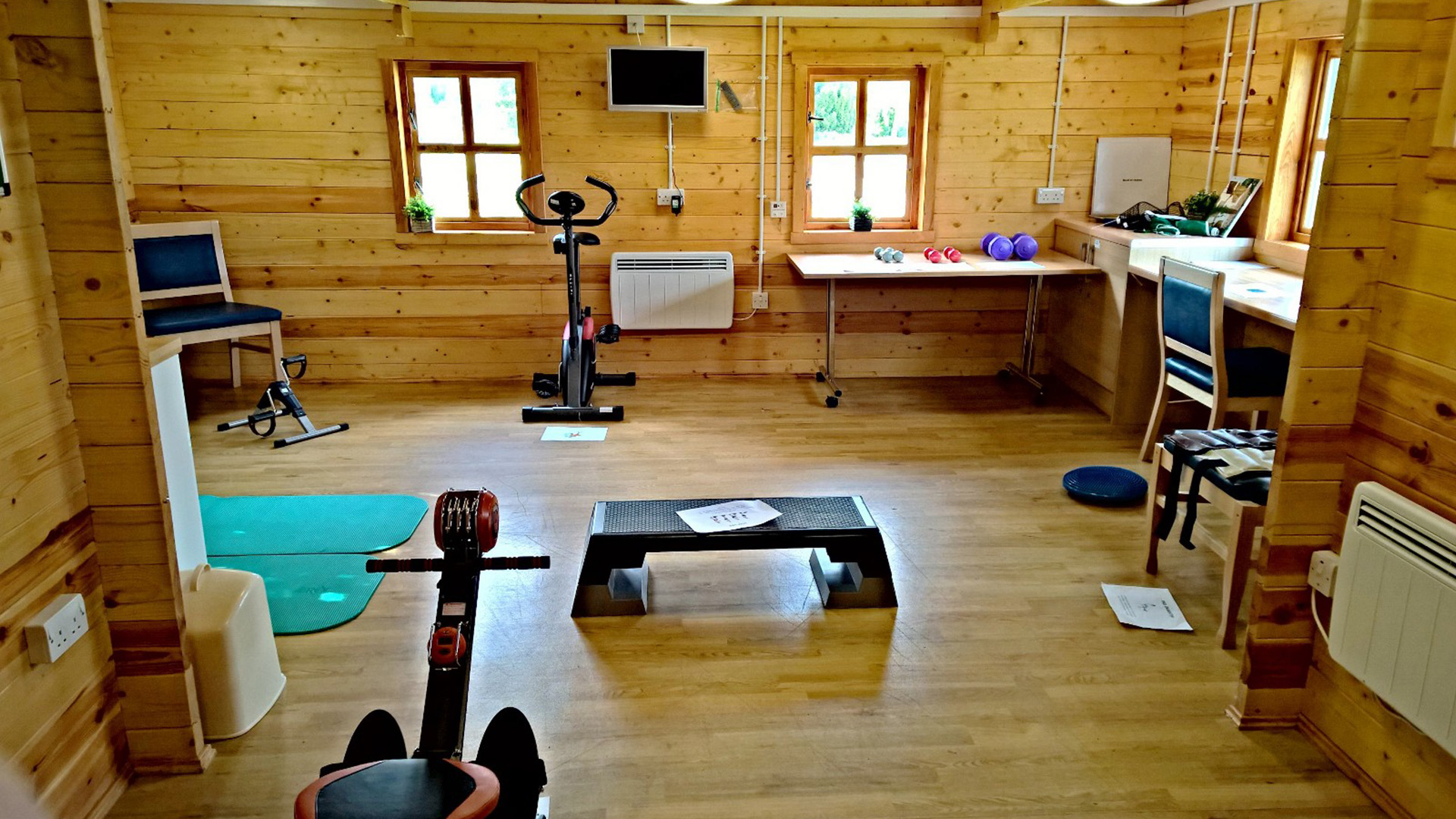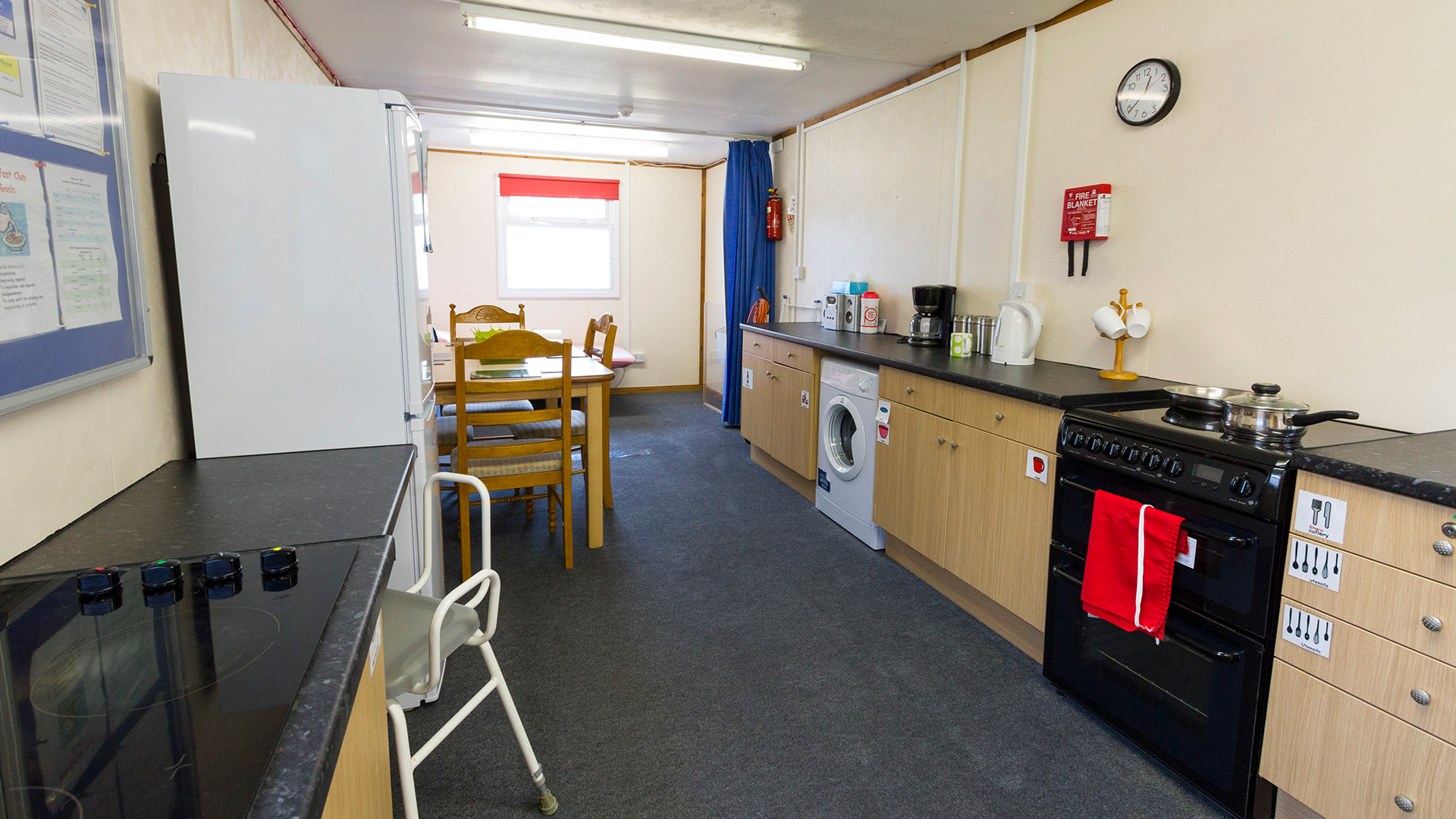About this location
Based in Ardleigh near Colchester, Essex, Priory Elm Park is a specialist brain injury service. We provide neurobehavioural rehabilitation for people with complex neurological needs, following an acquired brain injury (ABI) or traumatic brain injury (TBI). This includes assessment as well as treatment.
Services at a glance
Click here to enable this content
Services
Our brain injury services provide specialised, high quality, rehabilitation-focused treatment programmes for those living with an acquired brain injury (ABI) or progressive neurological condition (PNC). We support individuals who require immediate post-acute support, active or slow stream rehabilitation, or continuing care.
Ward break down
- 17-bedded ward for adult males
Conditions treated
We are able to support people with:
- ABI
- TBI
- Pick’s disease
- Early onset dementia
- Korsakoff’s syndrome
- Stroke
We are able to support informal patients or those detained under the Mental Health Act (MHA).
Treatment approaches
At Priory Elm Park, we offer an individualised, person-centred approach to all of our service users.
We provide neurorehabilitation for detained and non-detained people, with an aim of reducing behaviours that challenge, optimising functional skills and supporting a successful and sustainable discharge back into the community.
Our specialist rehabilitation therapy programme is delivered in individual and group sessions. Our intensive programme focuses on ensuring successful engagement in a wide range of therapeutic approaches. These are aimed at:
- Stabilising behaviour
- Improving physical health needs
- Re-developing life skills to support independent living
- Work and recreational activities
- Socialisation in the community
- Successful discharge back home or to a long-term supported living placement
Our assessment and treatment options are overseen by a full and diverse multidisciplinary team (MDT).
We offer:
- Risk management
- Positive behaviour support plan
- Psychiatric interventions
- Cognitive strategies and compensatory aids
- Functional skills
- Speech, language and communication skills
- Physiotherapy
- Physical health management plans
- Standardised assessment measures
- Physical health improvement, including working towards healthy eating, fitness plans and male health clinics
- 'My shared pathway' health plan to keep a record of all health needs
People within our service stay with us as long as rehabilitation is required. People tend to be funded for 12 weeks, initially.
Our team
- Consultant psychiatrist
- Consultant neuropsychologist
- Occupational therapist (OT)
- Physiotherapist
- Speech and language therapist (SaLT)
- Social workers
- Nurses
- Rehabilitation assistants
Therapeutic and community-based activities
We offer a range of therapeutic and community-based activities as part of a full treatment programme. We want to support people to become more confident and independent, preparing them to move through their treatment pathway towards community living.
Our therapeutic and community-based activities include:
- Community visits
- Gardening
- Sports, including football and golf driving range
- Exercise room
- Extensive walking routes
Our facilities and environment
Our bedrooms
All of our bedrooms are single-occupancy and 10 have an en-suite bathroom. Service users are encouraged to personalise their bedrooms while they are staying with us. We provide:
Exclusion profile
- Those requiring support with medical assisted withdrawal (detox)
- People with a learning disability and/or autism where the required reasonable adjustments (if required) cannot be made
- Those with tracheostomies
- People requiring invasive ventilation
- People with locked-in syndrome/PDOC
- People with mental health needs with no primary brain injury diagnosis
- New patients at the beginning of the palliative care pathway
Pathways
Priory’s network of high quality facilities enables us to offer joined-up care pathways with our dedicated residential services. We offer programmes which integrate healthcare treatment and therapy, which are tailored according to individual needs, in an appropriate setting. Our strength is that we can provide a seamless transition for the individual as they progress between higher and lower dependency services.
At Priory Elm Park, we engage with commissioners about potential transitions to Priory Adult Care services, once rehabilitation has been completed with us.
A message from our site leader

The Priory Elm Park team are dedicated to providing the best level of rehabilitation for each person admitted into our services. We pride ourselves on our successful patient outcomes, based on individually agreed patient plans, with input from families and loved ones
Priory Elm Park site leader
Information for family and friends
How do home visits work?
These are arranged on a person-by-person basis but we actively plan home visits with people staying with us, and their loved ones, where possible.
What is your visitation policy?
We are flexible with visiting times, however, we do ask that visitors call us prior to a visit, so this doesn’t clash with activities.
Will I be involved and kept up to date with my loved one’s care and wellbeing?
Yes, we make every effort to keep the loved ones of people staying with us involved in their care and care plans.
Will my loved one be able to have a phone or call me?
People staying with us can use their own mobile phone, or we have a telephone in the hospital that people can use.
What type of things are families expected to provide, and what is provided by the home?
We provide all furnishings, bedding and food on-site.
What are the bedrooms like?
All of our bedrooms are furnished, and residents are supported to personalise them to suit their needs and wishes. They are all single person, en-suite rooms.
Are external doors kept locked?
Yes; each service user is risk assessed and made aware of the door policy.
What do service users eat and how do meal times work?
We have set mealtimes, but snacks are also available. There is always a choice, dependent on people’s preferences for meat free, vegan or religious beliefs.
How does laundry work?
Staff can support with laundry and people staying with us are encouraged to do their own.
Is there anything they can’t bring or have?
We have a restricted and prohibited items list, which is reviewed and updated regularly. This can be seen on request.
Are pets allowed?
Patients are allowed to have their pets come to visit them, as long as the team is aware in advance.
How do activities work?
Activities are set weekly as part of a plan developed with the MDT, people staying with us and their family, based on their rehabilitation needs.
Do service users and families have an input into the service user’s care plans?
All of the people staying with us and their families/friends have input into care, from admission to discharge, where requested.
What are the car parking facilities?
There is free car parking on-site.
What is the smoking policy? Can service users buy cigarettes?
Priory Elm Park is a non-smoking site. There is a vaping area at the back of building.
How is treatment accessed and funded?
We don’t take referrals directly from individuals and families. Instead, the first step will be for you to reach out to the person’s GP so that they can be referred and funded through the correct NHS channel. Depending on the type of support needed, this could include local authority funding, NHS funding, joint funding between the local authority and NHS, or direct payments. Please note, referrals for NHS or local authority funded services must come from a referring organisation.
How to make a referral
Our customer service centre provides 24/7 support for NHS mental health enquiries and referrals. Our customer referral co-ordinators can support you from your first call right through to the enquiry conclusion, providing updates throughout the process. We offer 24/7 crisis referrals, fast access to bed availability and placements, and a single access point for end-to-end enquiry management.










